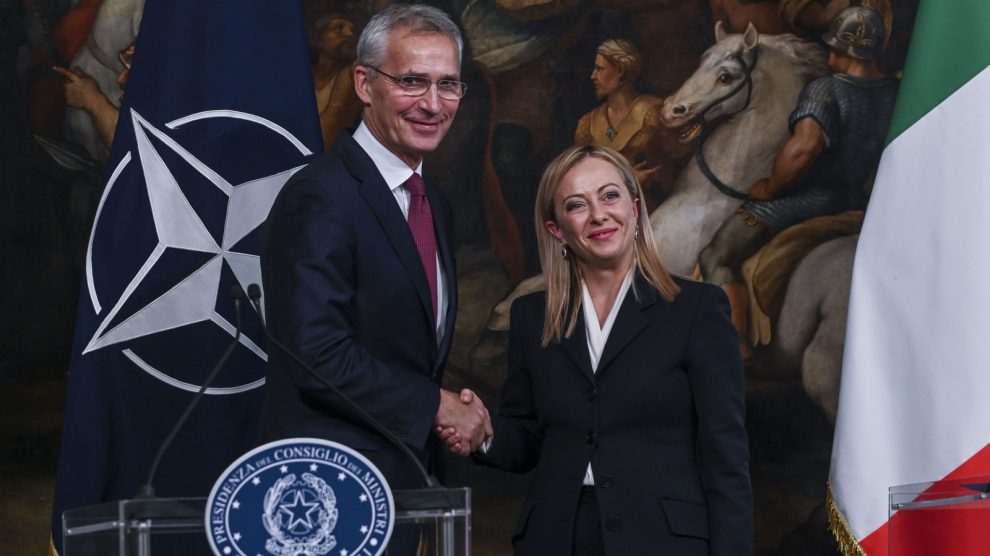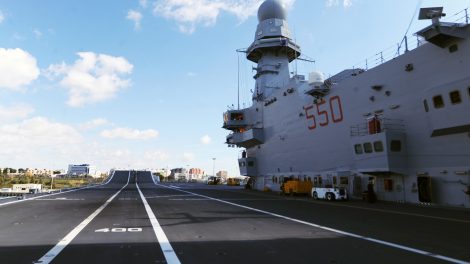Italy enters NATO’s VC fund. Giorgia Meloni’s government tabled an amendment to the 2023 budget, expected to pass by year’s end, setting aside €8 million to finance the Alliance’s Innovation Fund. This is the world’s first multi-sovereign venture capital fund, intended to foster innovation and strengthen the technological edge of NATO countries, mobilising €1 billion over 15 years.
- As recently noted by David van Weel, NATO’s Assistant Secretary-General for Emerging Security Challenges, the 22 contributing nations will provide the money from public funding, “but what we are not delineating is where the funds should come from”. Countries raise the money differently – some already have an innovation fund and can easily redirect part of that into NATO, while others prefer to do it from their running defence budgets.
The details. The Fund was launched in June, at the Alliance’s Summit in Madrid, Spain, and should be fully operational by the July 2023 summit in Vilnius, Lithuania. Secretary-General Jens Stoltenberg noted it “will help bring to life those nascent technologies that have the power to transform our security in the decades to come, strengthening the Alliance’s innovation ecosystem and bolstering the security of our one billion citizens.”
- The money will go towards early-stage start-ups and other VC funds developing dual-use emerging technologies of priority to NATO. Areas of interest include artificial intelligence, big data processing, quantum-enabled technologies, autonomy, biotechnology and human enhancement, novel materials, energy, propulsion and space.
- The Fund is intended to complement NATO’s Defence Innovation Accelerator for the North Atlantic (DIANA), which supports the development and adaptation of dual-use emerging technologies to critical security and defence challenges.
Countering autocracies. “Maintaining our technological edge has helped to keep our Alliance strong and our nations safe for more than seventy years,” continued Mr Stoltenberg, “but today, nations that do not share our values, like Russia and China, are challenging that lead in everything from AI to space technologies. It is essential that we do everything in our power to remain at the forefront of innovation and technology.”




